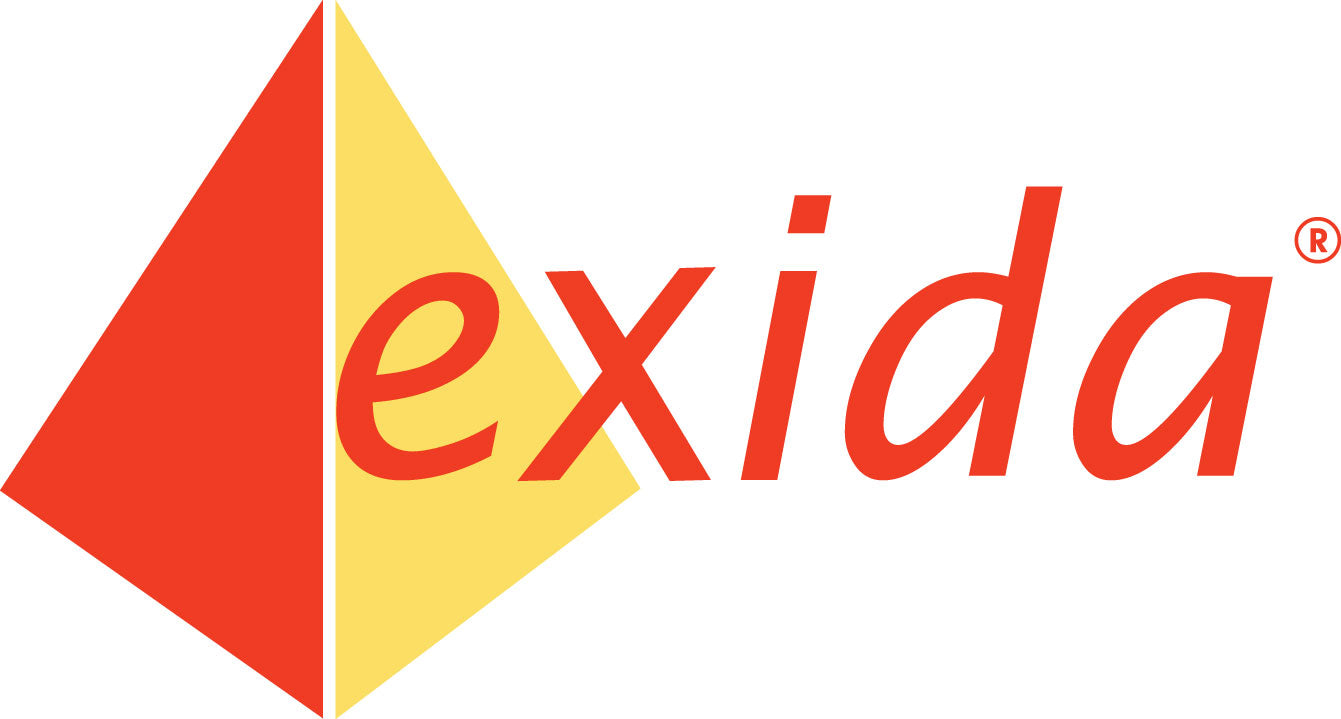SHOP: exida
This two day course provides sound and detailed instruction into how to carry out an effective HAZOP study and where PHA methods fit into the overall process safety management work process and the IEC 61511 safety lifecycle. As part of performing a HAZOP, the importance of process safety information, risk criteria, and documentation will be covered. The course will acknowledge many hazard identification techniques, but will focus on HAZOP, providing students the opportunity to work through hands on exercises in detail to gain the skills needed to facilitate a HAZOP study. These exercises will demonstrate how any hazard identification technique provides a foundation for other more advanced activities designed to estimate risk. Coverage of PHA documentation allows the student to see how the technical foundation they help develop is used throughout the life of the facility.
Skills You Will Learn:
- Ability to explain the overall PHA work process and how it fits into the overall PSM work process
- Ability to explain importance of process safety information
- How to document process safety information
- Ability to explain risk criteria with respect to use within a HAZOP & the difference with LOPA
- Ability to plan, manage, facilitate and scribe for a HAZOP
- Guidance for transitioning from HAZID (qualitative) to HAZAN (quantitative)
- Understand how cyber risk can impact traditional HAZOPs
- How to document a PHA
Course Topics:
- Applicable Terminology
- PHA preparation
- HAZOP Methodology
- Risk Criteria
- HAZOP Guidelines
- Team Roles
- Effective Teamwork
- Documentation
- Hands on Workshop Problems
Who Should Attend?
- Process Safety Engineers
- Operations Personnel
- Process Control Engineers
- Safety Instrumented Systems Engineers
- Process Engineers
- Reliability Engineers
- Project Engineers
- Pressure Vessel, Piping, Mechanical Engineers
- Machinery Engineers
- Electrical Engineers
Course Length: 2 Days
This course will be presented in 4 half day (4 hour sessions).
July 28-31, 2025
Tentative Timing: 8:30am-12:30pm EST
*Students will receive 16 Professional Development Hours (PDH) or 1.6 Continuing Education Units (CEU) upon completion of the course

